What is a personality?
An animal‘s personality (or temperament) is an individual variability in behaviour that is stable over time. Until recently, the study of personality in animals was considered to be anthropomorphic (i.e. criticized for attributing human characteristics to animals), but now, thanks to systematic research, there is no doubt that there are differences in behaviour between individuals, and they may be hereditary. Personality has been studied across a wide range of animals, including invertebrates such as ants and cephalopods. The most commonly studied personality features are activity, aggression, sociability, exploration and audacity.
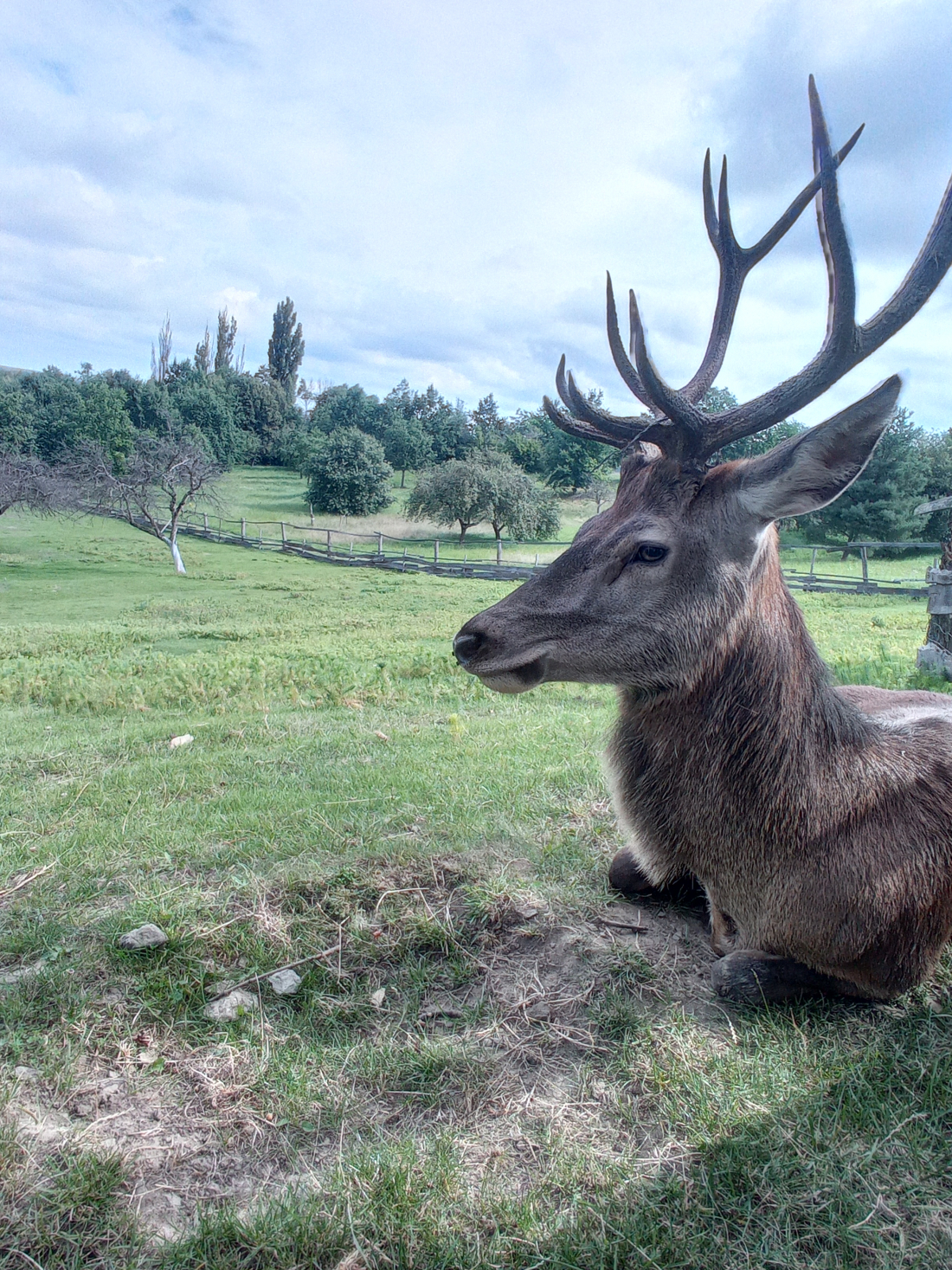
Why study animal personality?
Personality significantly affects almost all aspects of an animal's life, such as the survival of individuals, the choice of a partner, reproductive success, health, spatial orientation, and habitat selection. This concept can also be used to explain behaviours that may seem inappropriate in an isolated context, such as excessive activity in the presence of a predator or aggression in caring for young. Knowledge about individual differences in animal behavior also has practical use, such as in the training of assistance dogs, in animal breeding, or for predicting game conflicts with humans. Differences in behavior are often associated with differences in physiological parameters (e.g. hormone levels) or differences in cognitive abilities.
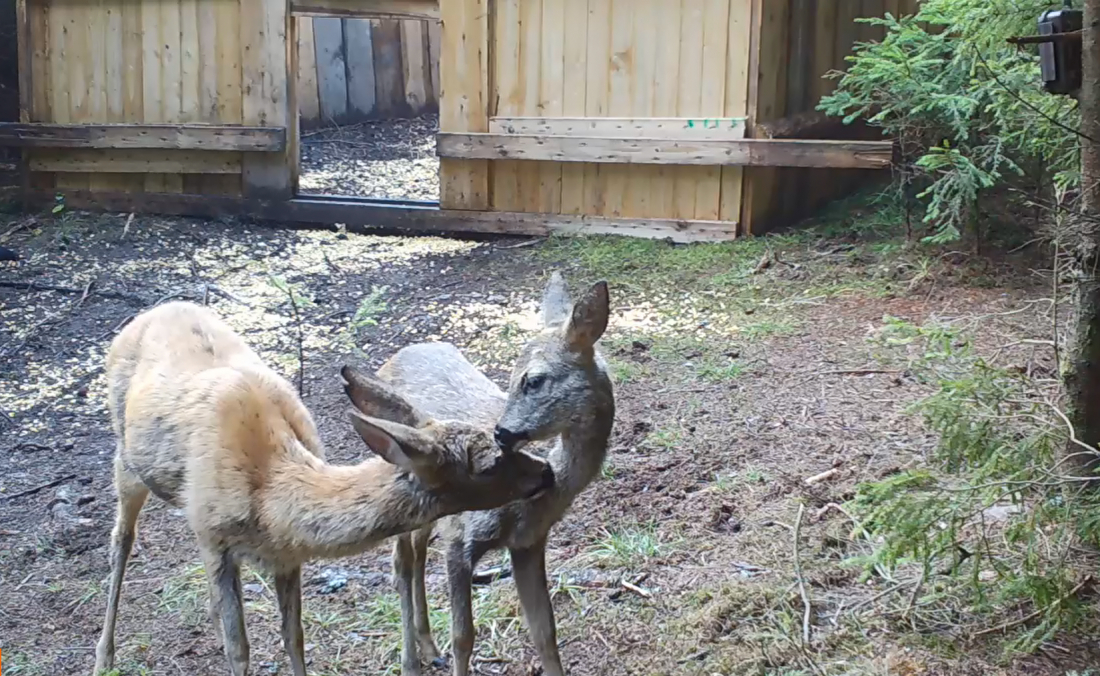
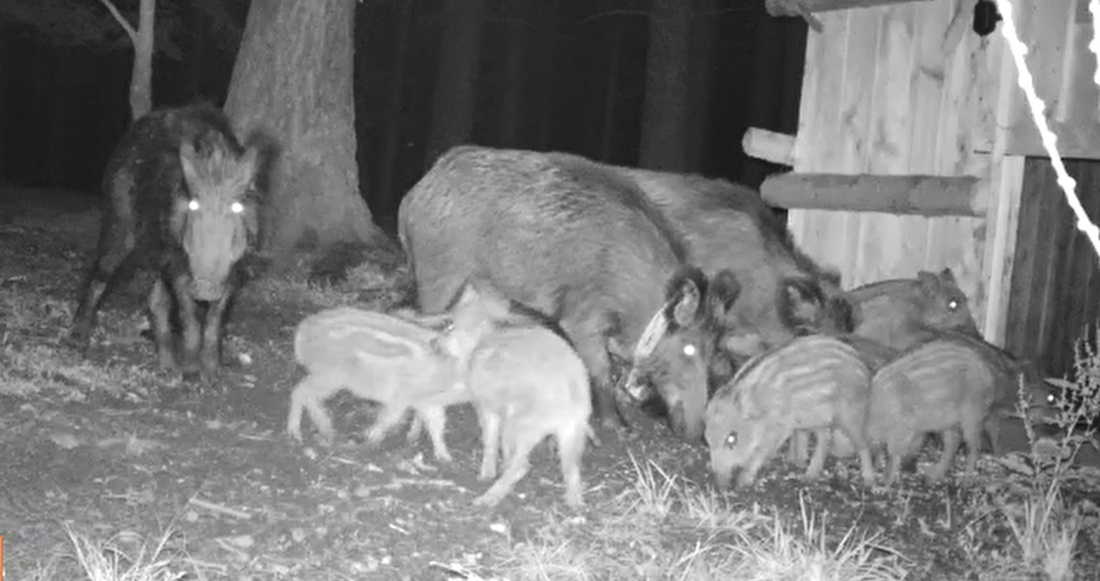
How is personality studied?
Differences in behaviour are studied using three basic methods. The reactions of an individual during an experiment (e.g. to a new object) are most often examined, and the frequency of a certain type of behaviour is measured. However, personality is also reflected in the daily behaviour of the animal and can therefore be studied using classical ethological observations. However, questionnaires are often used in which a person who knows the animal well (e.g. the owner or zookeeper) evaluates the characteristics of the individual according to adjectives on a scale from the smallest to the largest expression.
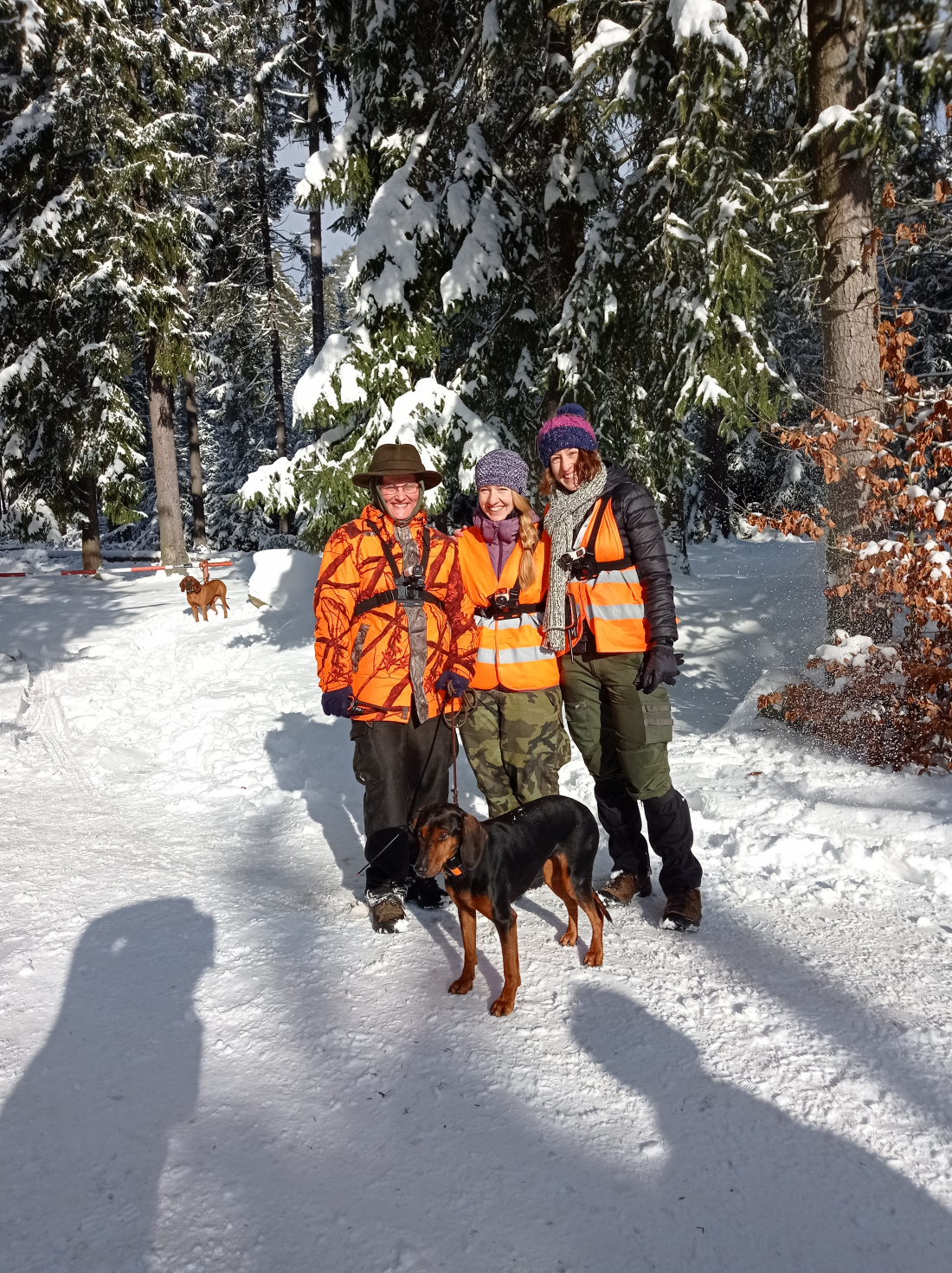
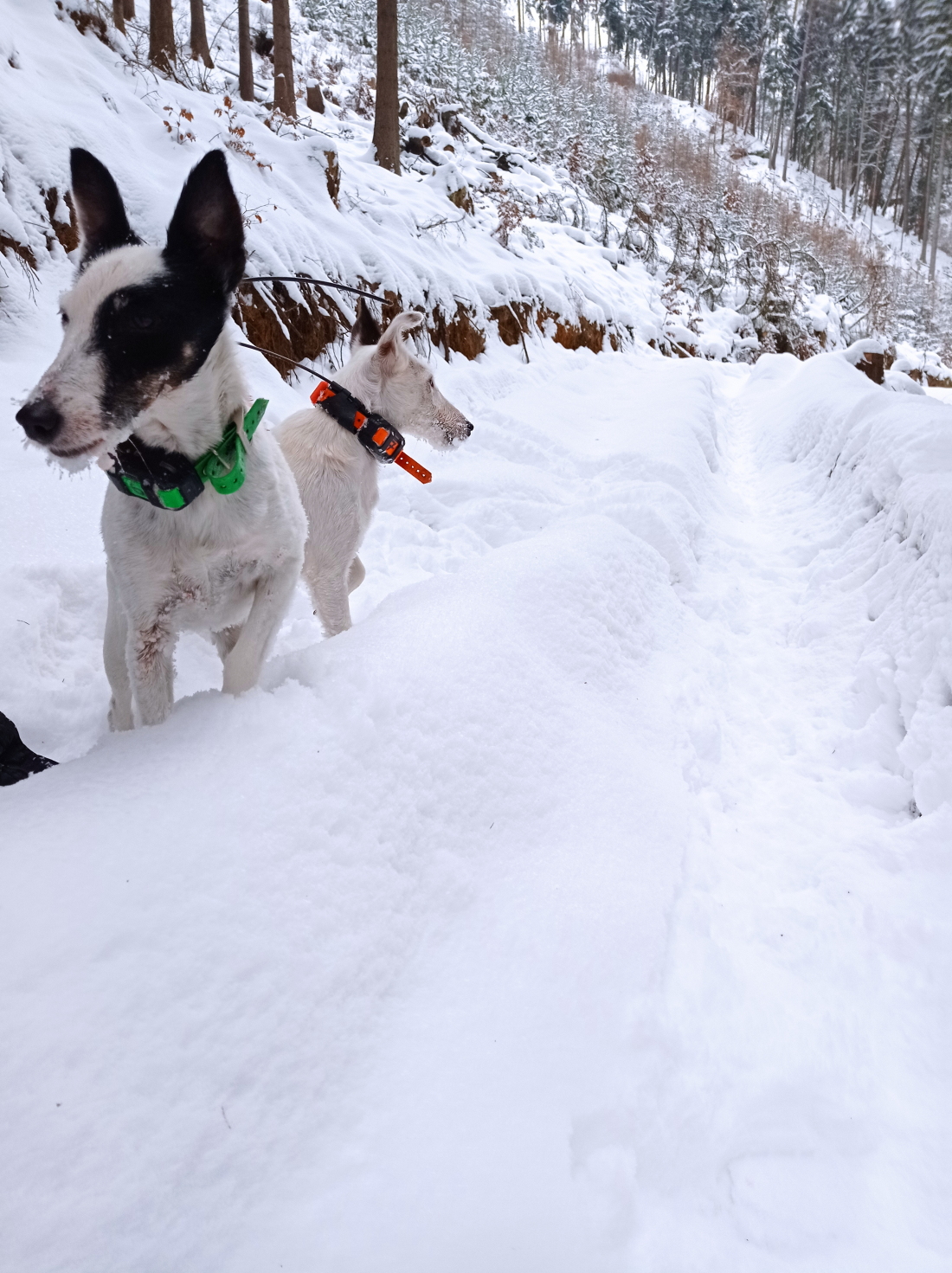
Personality research on the Department of Game Management and Wildlife Biology
Individual variability in animal behavior is a new topic at our department, which we started in 2020. Research is carried out in cooperation with other teams, especially with a team dedicated to spatial activity, magnetoreception and the laboratory of hormonal analyses. We work with hunting dogs, studying their personality with the help of experiments and questionnaires, as well as with wild animals as wild boars and red deer. To research the personality of game, we use camera traps to record the behavior near to the trapping devices and modern telemetry methods such as collars with GPS technology and biologging sensors.















